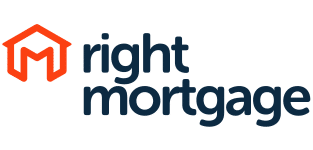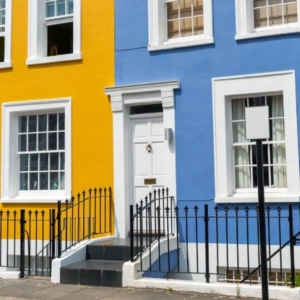Landlord Mortgage
As a Landlord, balancing your financial situation to ensure that you have a steady income can be stressful. This means that when it comes to finding your next mortgage, you need to make sure that you are given the best options available to you.
You may be looking for your own residential mortgage, and what income you need to show to help you get there. Alternatively, you may be searching for your next investment opportunity, and an adviser that understands your situation.

Residential
If you’re looking for your next house move, or even remortgaging your current home, it’s vital to be able to evidence the income from your other properties. Lenders will take the ‘profit from land & property’ from your tax calculation, and use this as your income to determine your borrowing amount.
Some will average your last 2 years, others may take the latest year, depending on experience and any changes. An adviser can run through the different options available to you.
Buy to Let
Perhaps you’re building up your portfolio of properties, and want to find the right mortgage for your future investments. Lenders will base affordability more on the rental yield, rather than your own personal income. But many will have a minimum income criterion to consider.
Our expert mortgage advisors have many years of experience working closely with Landlords. We can help you save money on your mortgages by getting you the best deals on the market.
With a plethora of mortgage lenders on our panel, there is a mortgage for you. Let us help, give us a call today to help you get the process started.















